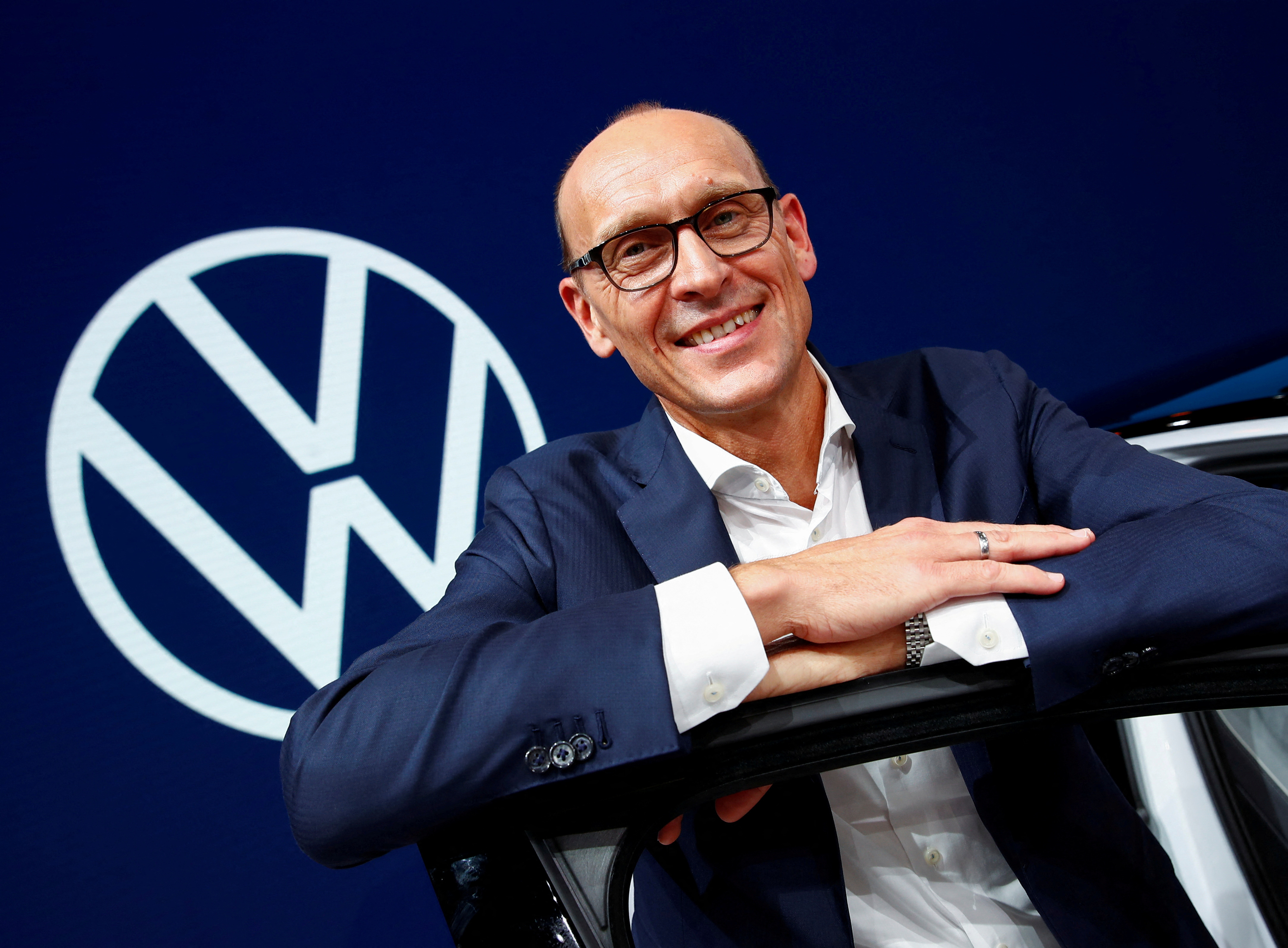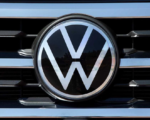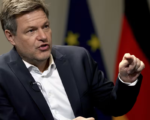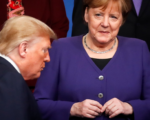Volkswagen Faces Union Backlash Over Potential German Plant Closures and Mass Layoffs

Volkswagen (VW) is considering shutting three German plants and laying off tens of thousands of employees as part of a cost-cutting overhaul. The automaker’s works council head, Daniela Cavallo, has accused VW management of undermining its German workforce, arguing the restructuring is not a tactic in collective bargaining but a definitive plan to reduce the company’s presence in its home country.
The drastic restructuring aims to address VW’s competitiveness issues, driven by factors like high energy and labor costs, increased competition from Asia, slowing demand in Europe and China, and a lagging transition to electric vehicles (EVs). VW is set to make formal proposals on Wednesday amid growing tensions with labor unions, who are preparing for strikes if plant closures proceed. “If VW confirms its dystopian path on Wednesday, the board must expect the corresponding consequences,” warned IG Metall union negotiator Thorsten Groeger.
Escalating Union-Management Conflict
Cavallo’s statements on Monday have intensified the union-management rift, with VW unions rallying thousands of employees at the Wolfsburg headquarters, blowing horns and holding signs opposing any plant shutdowns. Despite VW’s management emphasizing the need for “comprehensive measures” to regain financial stability, the works council and unions argue that management’s decisions could decimate Germany’s automotive workforce.
VW board member Gunnar Kilian acknowledged the severity of the situation, highlighting that without substantial cost reductions, investments in VW’s future would be at risk. According to Thomas Schaefer, head of VW’s brand division, German plants are operating at 25-50% above competitive costs, even doubling costs in some cases. To address these challenges, VW is also looking at salary reductions and a wage freeze through 2026.
Government and Market Reaction
The potential plant closures have put additional pressure on Germany’s government, which is already grappling with economic contraction and mounting competition from international markets. With federal elections on the horizon, Chancellor Olaf Scholz’s administration is under pressure to support German industry and avert large-scale layoffs. A government spokesperson reiterated Scholz’s support for the workforce, emphasizing that poor management decisions should not result in job losses.
Industry experts indicate that a full market recovery is unlikely anytime soon. Moritz Kronenberger from Union Investment, which holds VW shares, highlighted the urgency of “significant cost-cutting measures” to stave off negative cash flows. Meanwhile, VW shares dipped over 1% after the announcement, extending a 44% decline over the past five years—compared to a 12% loss for Renault and a 22% gain for Stellantis.
Broad Industry Concerns and Potential Union Strikes
VW’s cost-cutting initiatives reflect a wider crisis in Germany’s automotive industry, which has historically been central to the country’s economy. German automakers like Mercedes-Benz and Porsche have similarly announced cost-cutting plans to offset profit declines due to weakening demand in China and escalating production costs. Additionally, impending EU tariffs on Chinese EVs further threaten German automakers’ export potential, fueling fears of a trade conflict with China.
Union representatives are planning further actions to resist any plant closures, with strikes now likely in December. For many, the planned closures threaten not only jobs within VW but also those in the wider ecosystem of suppliers and service providers. As VW management and labor representatives prepare to meet on Wednesday, the outcome will be critical, potentially signaling a shift in Germany’s industrial landscape amid global economic pressures.





















